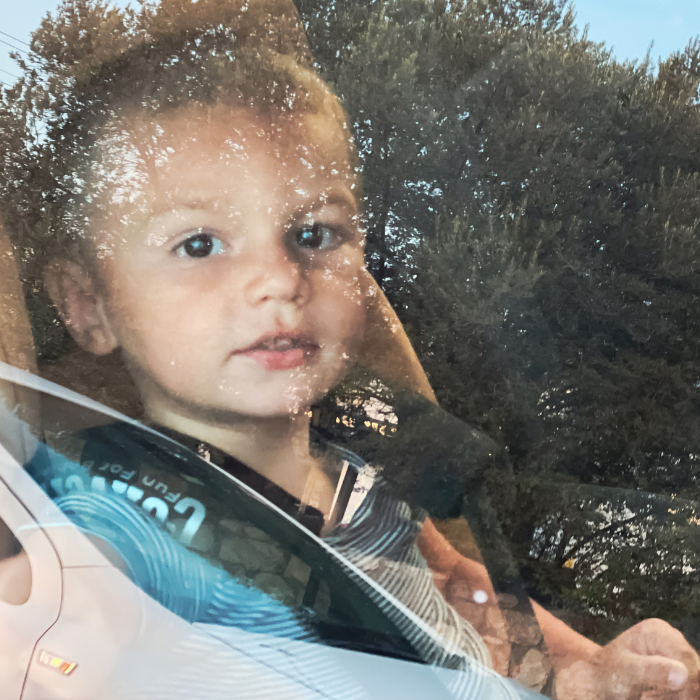
Fevers are common in kids, so what to do when their temperature rises?
A child’s normal body temperature is around 37 degrees celsius. A child has a mild fever if their temperature is higher than 38 degrees celsius. A high fever usually means more than 39 degrees celsius.
Fever by itself doesn’t tell you whether your child is seriously sick and even an ordinary cold can cause a high fever, says KidsHealth – a joint initiative between The Paediatric Society of NZ and the Starship Foundation.
If your child is miserable and seems unwell, and feels hot, you can use a thermometer to take their temperature if you want to. But remember, the number on the thermometer cannot tell you what is causing the fever, nor how sick your child is.
What causes fever in children?
The most common cause of a fever in a child is a viral infection. A bacterial infection is a less common but more serious cause. The body’s natural reaction to infection with a virus or bacteria is to raise the temperature inside the body. This helps to kill the infection.
Other causes of high body temperature include:
• immunisation – this usually causes only mild fever
• wrapping a baby in too many warm layers of clothing, or bedding
Will a fever harm my child?
Fever is a normal way for a child to fight an infection. Being hot may make your child feel unhappy or uncomfortable, but the high temperature is very unlikely to cause any long- term problems. Some children have febrile seizures when they have fevers. These look very worrying, but thankfully febrile seizures are unlikely to cause long-term problems.
When should I seek help for my unwell child?
If you are worried about your child, whether or not there is a fever, you should take them to see a doctor. If your child has already seen a doctor but they are getting worse, go back to your doctor. Call Healthline on 0800 611 116 if you are unsure what you should do.
What to do if your infants or baby has a fever
Young babies (less than 3 months old) need a different and more cautious approach:
• if they have a fever, make sure to go to your doctor
• if you are worried about them, take them to your doctor even if they do not have a fever
• some babies may have an unstable temperature with an infection – they may be colder than normal – in a sick infant this is a worrying sign and is a reason to see a doctor urgently
• babies get fevers for the same reasons as older children, but they are not as good at fighting off infections
You need to keep your baby warm but they can get too hot if you wrap them in too many layers when they are in a warm place. A good guide is to dress your baby in one more layer than you are comfortable wearing in the same environment.
What to do if your Child has a fever
If your child has a fever, undress them so that they are just wearing a single layer (maybe a singlet and pants). Make sure the room is not too hot or too cold. These are the best and most comfortable ways to bring your child’s temperature down. It’s best not to give your child a bath or shower to cool them. You could use a cool face cloth. Your child may need extra rest or they may want to play – this is okay; be sure to encourage them to drink fluids and eat healthy small meals.
Medicines to treat fevers
If your child is happy, and they are not unwell, you do not need to do anything more. You do not need to treat the fever with a medicine. If your child is miserable because of the fever, you can give paracetamol to make them more comfortable. You must follow the dosage instructions on the bottle. It is dangerous to give more than the recommended dose. You don’t need to give babies and children paracetamol before or after immunisation. There is some evidence that paracetamol may reduce the effectiveness of childhood immunisations. If your doctor gives your child ibuprofen, use it only if your child with a fever is miserable.
Don’t give your child cold and flu medicines and never give your child aspirin as this may increase the risk of Reye syndrome, which is a rare and serious illness.
For more information visit kidshealth.org.nz/fever
More health and wellbeing from Tots to Teens








